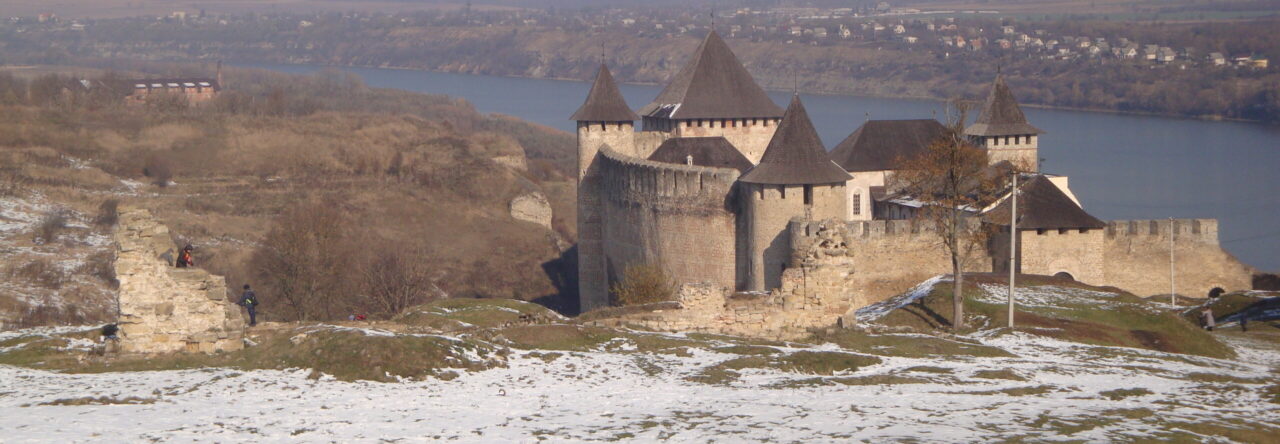Top Russian universities are accelerating their battle for the world’s best researchers, according to statements by representatives of leading universities and senior officials in the Ministry of Education and Science. This will be possible thanks to a boost in funding for the ‘5-100’ university development programme, recently approved by the government.
As part of university plans, particular attention will be paid to attracting world-renowned international scientists and lecturers as well as Russian colleagues who are currently working abroad. The government wants Russia to be among the world’s top 10 countries in global university rankings by 2024.
In February this year, Prime Minister Dmitry Medvedev announced that upgrading research facilities and equipment and providing support to young scientists were the priorities for the National Project for Science. The project also calls for the creation of at least 15 world-class science and education centres and advanced research infrastructure over the next six years.
In April the government approved the expansion of Project 5-100, a state initiative aimed at improving the quality of higher education and raising the competitiveness of Russian universities in the international arena.
Deputy Prime Minister Tatyana Golikova said that from 2021, 30 universities would receive state support – instead of the current 21. Funding to implement the project from 2021-24 will reach RUB58 billion (US$884 million).
Attracting the best
Initiatives to attract top scientists have been announced by leading Russian institutions including Tyumen State University, Immanuel Kant Baltic Federal University, the National University of Science and Technology or MISiS, and others.
In addition to sending personal invitations, universities are conducting searches for scientists via popular social networks and specialised online resources, as well as by regular posting of new job openings. Priority is being given to young academics under the age of 39 years.
According to data published recently by Russia’s Izvestia business paper, progress in recruiting top researchers has already been achieved since 2012 – this resulted in the attraction of more than 900 specialists to domestic universities, many of whom had left Russia due to a series of economic crises.
The plan is to greatly increase the number of such scientists by the end of this year. In contrast with previous years, there will be an emphasis on well-known foreign university professors.
In an article published on 31 May, Project 5-100 confirmed that since its launch there had been a “dramatic increase in the international teaching and research staff count at Russian universities”, with international staff as a percentage of total staff more than quintupling.
“This year, universities have taken their talent hunt a step further,” said Project 5-100, citing as an example the University of Information Technologies, Mechanics and Optics or ITMO University, “which has been soliciting applications for as many as 468 positions. The reason behind this move is a desire to get ahead of other universities in the employment marketplace rather than any staff shortage.”
Elsewhere Vladimir Vasilyev, rector of ITMO, commented: “There is a tough competition for talented scientists among the leading universities at present. We are a global university and are built into this global agenda. The competition is growing, therefore we are engaged in attracting talent not only from Russia, but from all over the world.”
The active rotation of personnel, according to ITMO, makes it possible to achieve academic mobility in the global teaching environment, which is one of the main trends in the international market for educational services.
According to Project 5-100, the Moscow Institute of Physics and Technology – one of Russia’s top technological universities – has this year advertised 111 faculty job openings. Since joining Project 5-100, MISiS has hired more than 200 staff with experience in lecturing at Russian and foreign universities, and earlier this year created a school for teaching excellence.
And Immanuel Kant Baltic Federal University “has been hiring entire scientific teams rather than individual professors and researchers”, said the Project 5-100 article. “In this way, it has renewed about 70% of its research staff.”
The universities initiative has been supported at the highest state level, by President Vladimir Putin, who has also promised to expand the existing presidential programme providing grants to young scientists.
Autor: Eugene Vorotnikov
Quelle: University World News


Comments are closed.